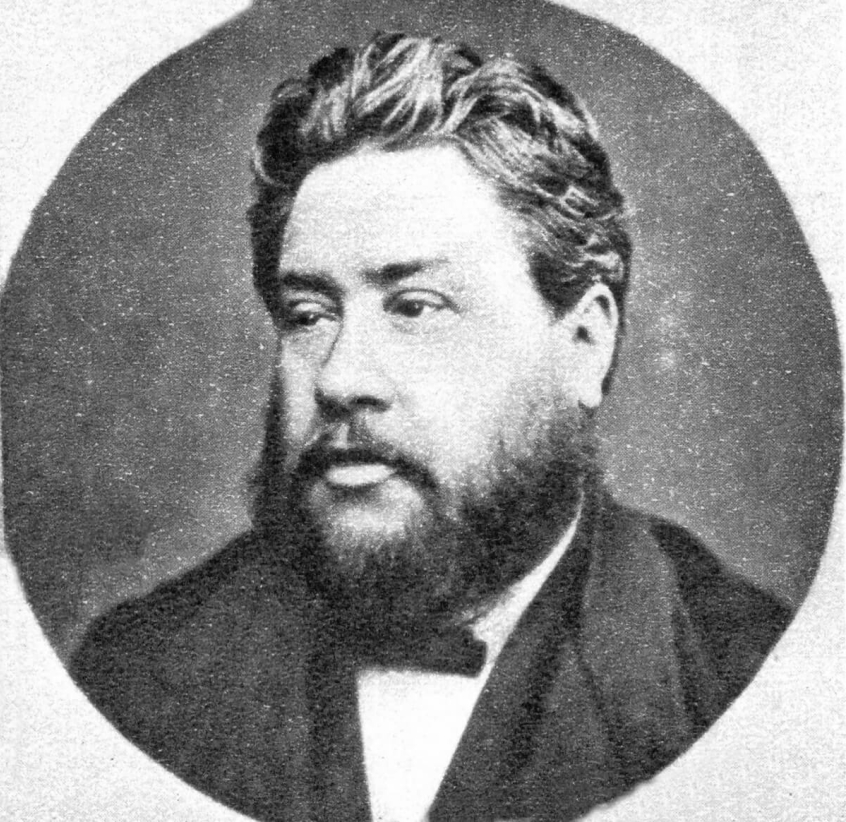As the world looks like an increasingly dangerous place, with Russia and Western allies squaring off against each other, Christians are brought face to face again with the question of how to think about war. Some are resolutely pacifist, believing violence even in defence of the innocent is never justified. Others take a modified position, believing it's sometimes right to fight and that military intervention in other countries can be justified on humanitarian grounds.

These questions, though, are as old as Christianity itself – and each generation has to answer them again.
One revered Christian hero who had a surprising amount to say about war was CH Spurgeon. The pastor, author, teacher and philanthropist was an evangelical superstar in his day (1834-1892), which coincided with the British Empire at its height. But at a time when not many questioned the justice of British imperialism, he was a fierce critic of war – especially for so-called 'spiritual' reasons.
Here are quotes from Spurgeon on war, drawn from Christian War Fever by Laurence Vance.
1. The great crime of war can never promote the religion of peace. The battle, and the garment rolled in blood, are not a fitting prelude to 'peace on earth, goodwill to men'. And I do firmly hold, that the slaughter of men, that bayonets, and swords, and guns, have never yet been, and never can be, promoters of the gospel. The gospel will proceed without them, but never through them. "Not by might." Now don't be fooled again, if you hear of the English conquering in China, don't go down on your knees and thank God for it, and say it's such a heavenly thing for the spread of the gospel – it just is not. (Independence of Christianity, a sermon preached at Royal Surrey Gardens music hall, August 31, 1857, during the Indian Mutiny.)
2. Long have I held that war is an enormous crime; long have I regarded all battles as but murder on a large scale. (India's Ills and England's Sorrows, preached after the Indian Mutiny on September 6, 1857.)
3. We are up to the hilt advocates for peace, and we earnestly war against war. I wish that Christian men would insist more and more on the unrighteousness of war, believing that Christianity means no sword, no cannon, no bloodshed, and that, if a nation is driven to fight in its own defence, Christianity stands by to weep and to intervene as soon as possible, and not to join in the cruel shouts which celebrate an enemy's slaughter. . . . Today, then, my brethren, I beg you to join with me in seeking renewal. (From An All-Round Ministry, a college address in 1880).
4. The Lord's battles, what are they? Not the garment rolled in blood, not the noise, and smoke, and din of human slaughter. These may be the devil's battles, if you please, but not the Lord's. They may be days of God's vengeance but in their strife the servant of Jesus may not mingle. We stand aloof. Our kingdom is not of this world; else would God's servants fight with sword and spear. Ours is a spiritual kingdom, and the weapons of our warfare are not carnal, but spiritual, and mighty through God, to the pulling down of strongholds. (War! War! War! A sermon preached at Royal Surrey Gardens music hall, May 1, 1859.)
5. War is to our minds the most difficult thing to sanctify to God. The genius of the Christian religion is altogether contrary to everything like strife of any kind, much more to the deadly clash of arms. . . . Now I say again, I am no apologist for war, from my soul I loathe it, and I do not understand the position of a Christian man as a warrior, but still I greatly rejoice that there are to be found at this present day in the ranks many of those who fear God and adorn the doctrine of God their Saviour. (A Peal of Bells, a sermon preached on July 7, 1861.)













